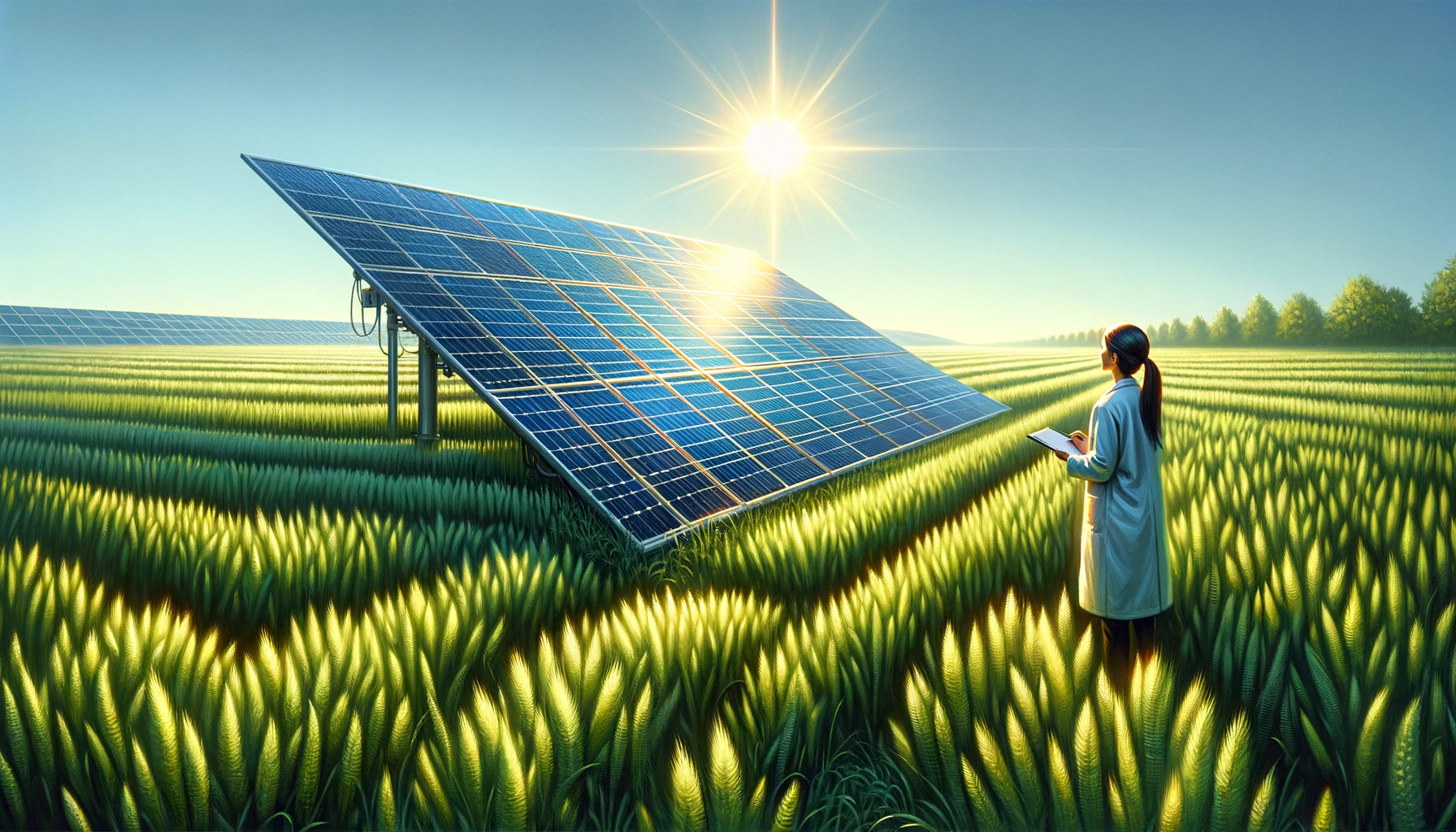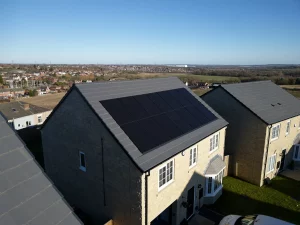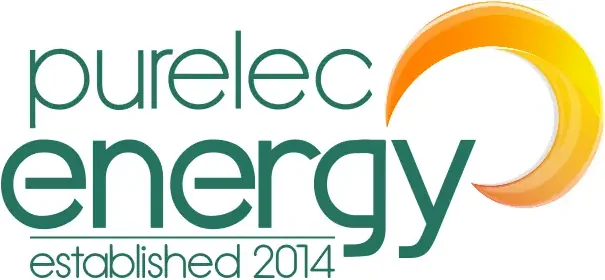
In the quest for sustainable energy, solar panels stand out as a pivotal solution, but what are they, and how do they actually work?
Most people already know that solar panels convert sunlight into electricity, but for those who want to know more, our team has put together this helpful article exploring solar panels in more detail. From their design and operation to their impact on the world we live in, dive into the details with us and discover the critical role solar panels play in driving us towards a more sustainable and eco-friendly future.
What Is A Solar Panel?
A solar panel, also known as a photovoltaic (PV) panel, is a device designed to convert sunlight into electricity. It is the cornerstone of solar energy systems, which harness the abundant and renewable energy of the sun to generate electrical power.
A solar panel is made of numerous solar cells that are linked together and enclosed in a protective frame. These cells are typically made from silicon, which acts as a semiconductor, and are usually arranged in a grid-like pattern on the panel’s surface.
Types Of Solar Panel Technology
There are various ways to make solar panels depending on the materials and methods used, but those most commonly available on the market fall into one of three primary categories: monocrystalline, polycrystalline, and thin-film.
Monocrystalline panels
Made from single-crystal silicon, monocrystalline panels offer the highest efficiency and longevity. Due to the way they are manufactured, panels of this type are more expensive than their alternatives.
Polycrystalline panels
Polycrystalline panels are composed of multiple silicon crystals, which makes them easier to produce, but less efficient than monocrystalline panels. They provide a balance between cost and efficiency.
Thin-film panels
Designed to be lightweight and flexible, thin-film solar cells are made from various materials including cadmium telluride or amorphous silicon. Although they are the least efficient, they are the most versatile in terms of application, and can be used in situations that other panels can’t.
How Do Solar Panels Work?
The operation of solar panels is based on something known as the photovoltaic effect which occurs when photons, such as particles of light from the sun, strike a material like silicon, which is commonly used in modern solar panels. This interaction energises electrons, prompting them to flow and generate an electric current.
To take advantage of this effect, the silicon in modern solar cells is combined with other materials to create two layers: one with a positive charge and another with a negative charge. The interaction between these layers is where the photovoltaic effect comes into play, allowing for the generation of electricity when exposed to sunlight.
The efficiency of a solar panel, or its ability to convert sunlight into electricity, is a critical measure of its performance. Efficiency depends on several factors, including the type of silicon used, the configuration of the solar cells, and the quality of the manufacturing process. Technological advancements continue to improve the efficiency and reduce the cost of solar panels, making solar energy an increasingly viable alternative to fossil fuels.
Common uses for solar panels

Solar panels have a wide range of applications, from small-scale installations on residential rooftops to large-scale solar farms that power entire communities. They can be used in grid-tied systems, where they work in tandem with the network to offset the cost of electricity, or in off-grid systems, where they provide power in remote areas without access to the electricity grid. Smaller solar panels also play a crucial role in portable products, such as solar-powered chargers and lights, further expanding their utility.
Environmental Impact
It has long been recognised that the environmental benefits of solar panels are substantial. By generating clean, renewable energy, solar panels reduce the reliance on fossil fuels, thereby decreasing greenhouse gas emissions and air pollution. This contributes to the mitigation of climate change and has a positive impact on air quality and public health. Furthermore, solar energy systems have a relatively low impact on the surrounding environment compared to traditional energy sources, making them an essential component of sustainable development initiatives. This has driven many businesses to install solar panels as a key component of their corporate social responsibility (CSR) efforts.
Solar panels represent a sophisticated and environmentally friendly way to generate electricity. Through the photovoltaic effect, they offer a sustainable alternative to conventional energy sources, contributing to the global effort to combat climate change and promote renewable energy use. With ongoing advancements in technology and manufacturing, solar panels continue to become more efficient, affordable, and accessible, promising a brighter, cleaner future.
Find Out How Solar Energy Can Save You Money
Whether you’re looking to save on your energy bills or reduce your environmental impact, Purelec Energy has the expertise and technology to make it happen. Don’t hesitate to reach out. Fill out our contact form or give us a call on 01924 840 198 for a personalised quote on solar panels.
